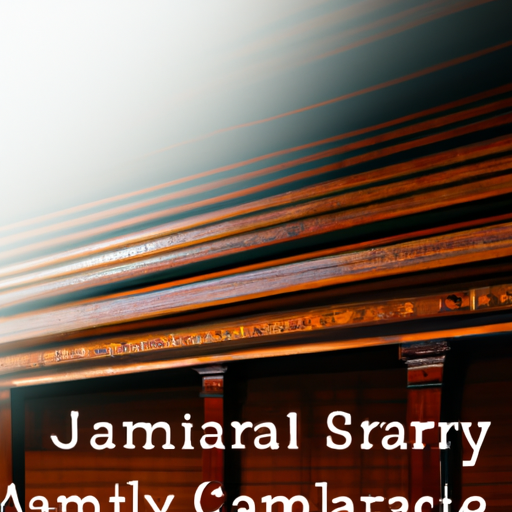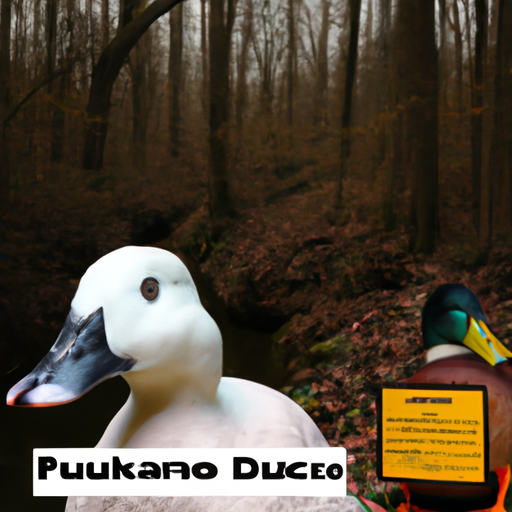In a recent announcement from the Academic Supremacy Council, a prestigious university plans to revive words that have been long forgotten by the general public. The newly formed initiative is set to breathe new life into words such as “blatherskite,” “petrichor,” and “bumfuzzle.”
This bold attempt to add new words to the English language is commendable, as language is constantly evolving and growing stale. It’s not like there are more pressing issues to deal with, such as skyrocketing tuition fees or inadequate support for marginalized students. No, we need more words like “taradiddle” and “skedaddle” in our lives.
The university has stated that the aim of the project is to increase the usage of these words in everyday speech, thereby enhancing our vocabulary and elevating the level of discourse in society. Because nothing screams “intelligent conversation” like using words that only our grandparents would understand.
The initiative has sparked mixed reactions from the public, with some hailing it as a step towards intellectual enlightenment and others questioning if this is what universities should be focusing on in 2021. One Twitter user sarcastically commented, “Finally, a solution to all the world’s problems- more obscure words!” Another user hilariously tweeted, “I can’t wait to impress everyone with my extensive knowledge of words no one uses.”
The project has also raised concerns about inclusivity and accessibility, as using words that are unfamiliar to a majority of people can create a divide in communication. But who needs inclusivity when you can use words like “fopdoodle” and “lollygag?”
Critics have pointed out that these words are not only outdated but also rarely used in modern contexts. I mean, who the heck says “kerfuffle” or “rapscallion” in daily conversations? Although the project’s intentions are noble, the words chosen for revival show a lack of practicality and relevance in today’s society.
While it’s important to preserve linguistic history and keep lesser-known words from becoming obsolete, there comes a point where it is more of a novelty than anything else. “Blatherskite” may have been a widely used insult in the late 1800s, but it doesn’t hold the same weight in 2021.
In conclusion, the university’s initiative to revive forgotten words is a valiant effort to increase vocabulary and diversity in language. However, in a time where meaningful and practical change is needed, it comes across as a half-hearted attempt at intellectual elitism. So let’s embrace our love for “petrichor” and “snollygoster” but not forget that there are more pressing issues to deal with in the world.

